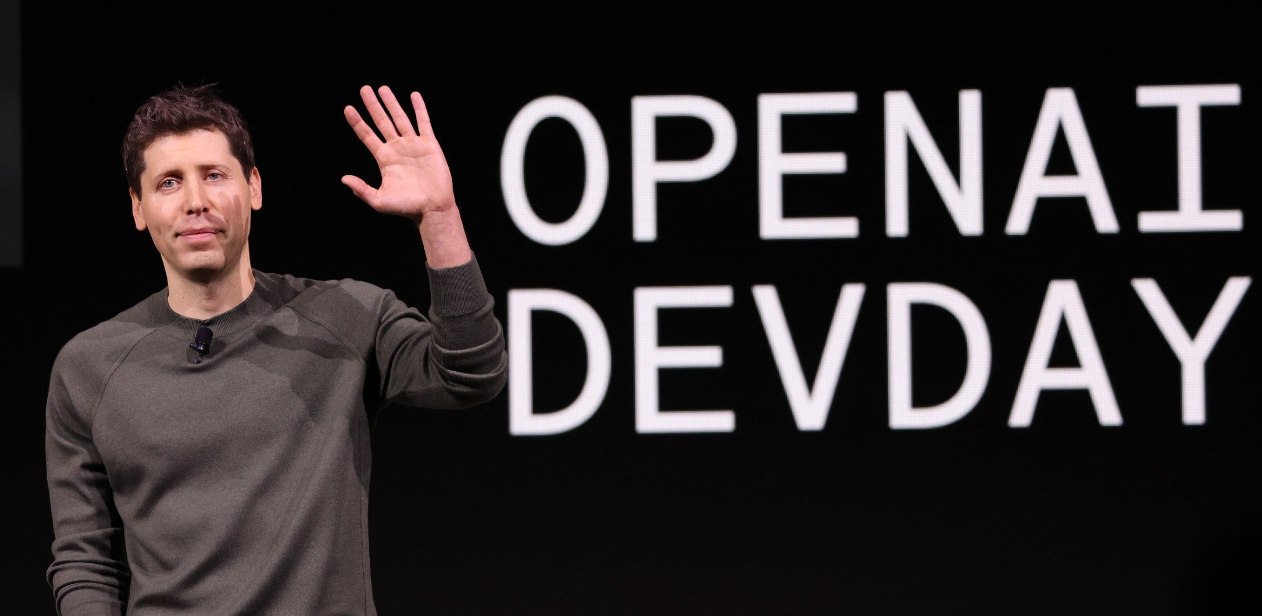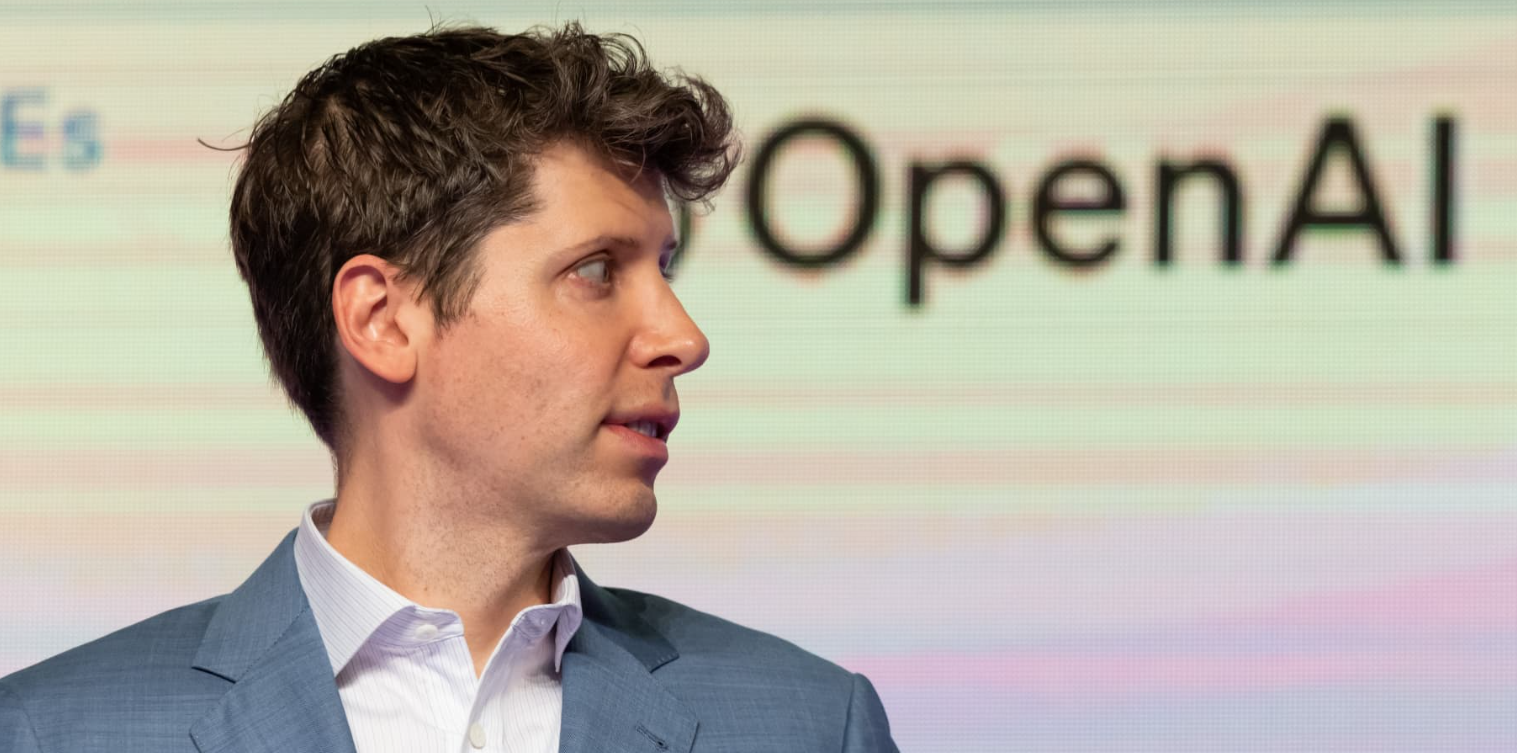In a recent development, an OpenAI scientist was dismissed following a purported coup attempt against Sam Altman, the CEO of OpenAI. The scientist had reportedly tried to oust Altman from his position, causing significant turbulence within the organization. Despite this setback, the scientist has decided to turn the new page and embark on his new journey by launching an AI venture of his own.
The new venture aims to explore untapped potential in the AI sector and create groundbreaking technology designed to enhance human life. The scientist’s dismissal has sparked a lot of controversy in the tech world, but it has also served as a catalyst for exciting new developments and opportunities. With the launch of his new venture, the dismissed OpenAI scientist is ready to redefine his career and contribute to the AI industry with his innovative ideas and unique expertise. The new venture signifies his resilience and determination to continue his work in the field of artificial intelligence, regardless of the obstacles he has faced.

The Principle of Safe Superintelligence: Ensuring No Harm to Humanity
The principle of safe superintelligence, often discussed in the realms of artificial intelligence (AI) research and ethical philosophy, aims to safeguard humanity from the potential risks posed by highly advanced AI. This principle asserts that any superintelligence developed should be programmed with safeguards that prioritize the well-being of humans and prevent any form of harm. It’s a concept deeply rooted in the ethical responsibility of AI developers and researchers, emphasizing the importance of creating intelligent systems that respect human life, dignity, and rights.
One of the main concerns is the potential for superintelligent AI to surpass human cognitive abilities, leading to unpredictable and potentially harmful actions. Hence, the development of robust control methods is critical in ensuring that such AI systems operate within the bounds set by humanity, regardless of how advanced they become. These control methods could involve hardwiring certain ethical principles into the AI or establishing failsafe mechanisms that can halt operations if necessary.
This principle also underscores the need for transparency in AI development to prevent misuse and to ensure accountability. It is an acknowledgment that while superintelligence holds immense potential for societal progress, it also carries significant risks requiring careful management and mitigation. In essence, the principle of safe superintelligence is a call to action for responsible AI development, ensuring that such powerful technology is harnessed for the benefit of humanity, not to its detriment.
Key Considerations in Developing Safe Superintelligent Systems
When contemplating the creation of superintelligent systems, safety is a paramount concern. The development of these advanced systems must be undertaken with a comprehensive understanding of their potential risks and how to mitigate them. One of the primary considerations is the alignment of the system’s objectives with human values and societal norms. This is critical to ensure that the system’s actions and decisions do not inadvertently harm humans or disrupt societal structures.
Another vital aspect is the system’s interpretability, which refers to the ability to understand and predict the system’s actions. This is essential to ensure accountability and to prevent unintended harmful actions. Robustness is also a crucial aspect, which means the system must be able to function safely and reliably in a variety of situations, including those that were not explicitly anticipated during its development. Furthermore, the system must be designed to be secure against manipulation or misuse, either from within or outside. It should be able to detect and resist attempts to alter its objectives or functioning in harmful ways.
Additionally, it’s important to consider the societal implications of superintelligence, such as job displacement or privacy concerns, and develop strategies to mitigate these issues. Finally, a global approach to governance and regulations is necessary to prevent harmful uses of superintelligence and ensure its benefits are shared equitably. Altogether, these considerations highlight the complexity and importance of developing safe superintelligent systems.

Maintaining Ambiguity in AI Development: A Balanced Approach
In the realm of AI development, maintaining a sense of ambiguity is not only helpful but often crucial. This is not to advocate for a non-transparent or deceptive approach; rather, it is about striking an equilibrium between clarity and ambiguity. The rationale behind this balance relates to the inherent unpredictability and continuous evolution of AI systems. Developers often cannot anticipate every possible scenario or outcome that an AI system might encounter. Hence, a certain degree of ambiguity is essential in the programming of AI – it allows for flexibility and adaptation. However, this should not compromise the ethical standards that should guide AI development.
The ambiguity in AI development can also serve as a protective mechanism. It can shield from potential misuse or exploitation, given the diverse interpretations of AI’s capabilities. Nevertheless, a balance must be struck as excessive ambiguity could lead to misunderstanding or misuse of the technology. It’s a fine line between safeguarding the technology and ensuring it’s usability and effectiveness.
Moreover, ambiguity is instrumental in fostering innovation. It allows developers to explore different paths and solutions without being constrained by rigid or predefined outcomes. The freedom to interpret and experiment is one of the driving forces behind the rapid advancements in AI technology.
In conclusion, maintaining ambiguity in AI development is about striking a balance. It is about acknowledging the unpredictable nature of AI and its potential for misuse while also recognizing the need for ethical standards, transparency, and innovation. While it might seem counterintuitive, ambiguity is an essential ingredient in the recipe for successful and responsible AI development.
